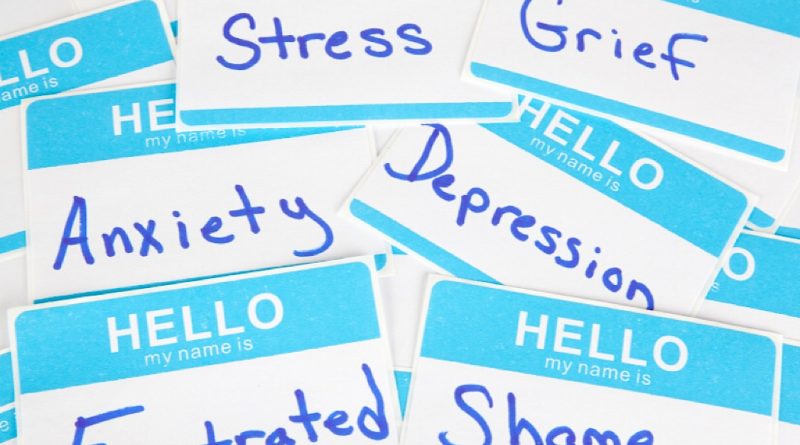Opinion: Mental Health Not a Priority for UD Administration or Colleges Nationwide
By: Nate Sikora – Staff Writer
The degrading mental health of the youth is the elephant in the room that seemingly few university leaders are addressing. Over the past three decades, college tuition has skyrocketed. Along with this exponential rise in tuition cost is the tremendous workload placed on students.
The current dogma of education professionals is to push students to keep doing more, more, and more to be the best student possible. This, on its face, is a great mentality to push students to strive for excellence. However, when implemented in an amoral system – be it satisfying credit hours, administrative requirements, etc. (AVIATE could fit in this category) – the mentality has a false purpose.
It is not to benefit the student; it is to benefit the school. Colleges mainly care about marketing their image; universities can be viewed as a degree factory rather than a place of higher learning. They care more about what people perceive the school to be rather than what it actually is.
Thus, colleges do not really care about the needs of the students on campus, but instead care about marketing to potential students and graduates to which they can suck money from either in the form of tuition dollars or monetary donations.
In other words, it is all a money game. Consequently, the implementation of an increased workload, along with administrative disdain for the emotional and mental well-being of its students, has caused the mental health epidemic present today.
To further the deterioration, universities only offer fast food counseling to their students. It is “fast food” counseling because the demand for counseling services is too high for the supply of counselors to handle, so counselors are constantly churning through sessions with students to try and keep up with demand.
For example, during the last three weeks of fall semester, on the eve of exams, all available sessions from 9am-5pm were taken. There were so many students desiring counseling because of exam week stress that multiple counselors working 9-5 cannot compete. This is a disservice to both the counselors and the students.
Even when faced with this economic reality, schools never increase funding for counseling centers or mental health initiatives. Schools are not meeting the demand, and they fail to realize they are part of the problem as to why the demand for counseling is high to begin with.
Overall, schools seem untouched by the effects of basic economic environments – they do not have to comply with the demand of the student market. Thus, no real student concerns are satisfied.
The problem is not that universities lack the funds; it is that they are placing their funds in the wrong areas. Intense marketing, a personal mansion and pool for the university president, and unnecessary administrative departments are just a few of the money sucking entities of colleges.
Colleges are more willing to hire additional administrators than they are to hire another qualified professor or clinical professional.
When the students’ actual health is on the line, college administrators turn a blind eye. There is no money to be made in helping students’ lives easier, or so they think. For example, UD’s AVIATE system unequivocally causes unnecessary stress to the UD student body because, on top of extracurricular activities or sports, classwork, and work, students are still demanded to be “involved.” How much does the administration think students can physically do in 24 hours?
A past tragic incident personifies the UD administration’s attitude toward the well-being of their students— when, tragically, two students committed suicide by jumping out dorm windows on campus. The administration, instead of focusing on the mental health issue that was the source of those horrific incidents, went the cheaper route and installed window locks to limit students’ ability to open the windows.
That is literally the same technique used in China sweatshops with suicide nets outside the windows. That decision is a disgrace, and the UD administration should be ashamed for making that decision. Their perspective has yet to change.
College students have no bargaining power, especially at private schools. We are told we “signed up for this” and “it is what it is” as a way of arguing the status quo is ultimately unchangeable. Well, that is what the administration wants us to think to keep us complacent in their strife for more money.
College students today pay their weight in gold to get a degree, and in actuality, students are paying the salaries of school officials. Therefore, students ought to have a say in the way the school is run by said officials.
Older adults warn about the consequences of “stirring the pot” and often advise to keep quiet. This sentiment is ill-advised, for when not only your own mental health has deteriorated but also those of your closest friends and colleagues, there is no option but to speak up and stand for what is right and necessary for young adults trying to make it in this chaotic world.
Photo Courtesy of ncbhs.org

